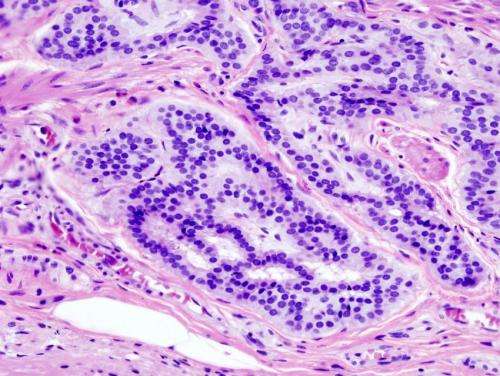Mayo Clinic Minute: Symptoms of colorectal cancer

Colorectal cancer refers to a cancer that begins to form in the colon or the rectum. It's the second most common cause of cancer death in the U.S., behind lung cancer.
The good news is colorectal cancer is treatable, especially if diagnosed early.
The symptoms of colorectal cancer can be very vague or nonspecific says Mayo Clinic gastroenterologist Dr. John Kisiel.
The team at Mayo Clinic prefer to see patients screened for colorectal cancer before they show symptoms.
"We want to try to bring patients in who are not having any symptoms," says Dr. Kisiel.
But what if you have symptoms?
"Patients may have abdominal pain. They may have difficulty for stool to actually move past a narrowed area where there's a colon cancer, and they may have altered bowel habits as a result."
And when it is colon cancer, it often means that the disease will be more difficult to treat.
There are typically four stages of colorectal cancer.
"They are governed by the size of the tumor, whether or not the tumor has grown into an adjacent organ that's near that location, whether or not there are lymph nodes that the tumor has spread into."
Lowest stages indicate cancer that is limited to the lining of the inside of the colon.
"Stage 4 is where the tumor has actually spread out of the bowel and into distant organs."
Dr. Kisiel says while there are treatment options, "We wish more people were being screened."
©2020 Mayo Foundation for Medical Education and Research
Distributed by Tribune Content Agency, LLC.



















